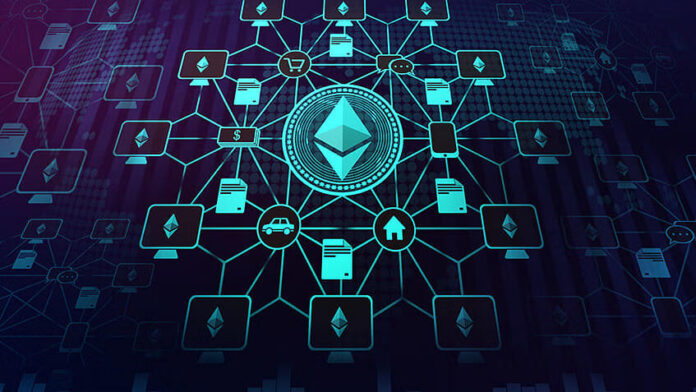- Current advances in sensible contract expertise embody improved automation and expanded use circumstances.
- Consultants spotlight their potential whereas warning of cybersecurity and regulatory points.
Good contracts, self-executing contracts with contract phrases written instantly into code, are revolutionizing varied industries by automating processes and decreasing the necessity for intermediaries. Primarily constructed on the Ethereum blockchain, these digital contracts provide the promise of elevated effectivity and transparency.
Newest advances and use circumstances
The mixing of superior automation instruments into sensible contracts is likely one of the most important advances of current occasions. The launch of the Ava Protocol on the Ethereum mainnet exemplifies this development, permitting builders to include improved transaction automation, privateness and value effectivity into their decentralized functions (DApps).
The protocol's means to set off autonomous “supertransactions” primarily based on pre-defined situations simplifies complicated on-chain operations and reduces friction for each builders and finish customers.
As well as, the use circumstances for sensible contracts proceed to broaden. Initially standard in finance to automate transactions, they’re now utilized in industries comparable to actual property, provide chain administration, and even mental property. For instance, platforms like RealT and Propy facilitate fractional actual property possession and permit traders to purchase actual property shares with out giant capital outlays. Equally, Maecenas and Masterworks have made it simple for traders to personal shares in helpful artworks.
Knowledgeable opinions and technological influence
Business specialists spotlight each the potential and challenges related to sensible contracts. Chris Li, founding father of Ava Protocol, highlights the effectivity and transparency introduced by automated sensible contracts that may streamline processes comparable to dividend distribution and voting rights with out guide intervention. Nonetheless, it additionally factors to the necessity for safe and resilient foundations to assist these improvements.
From a technological perspective, sensible contracts are extremely depending on the accuracy of their code and the safety of the blockchain infrastructure. As Oded Vanunu, chief technologist at Examine Level Software program Applied sciences notes, even small flaws in sensible contracts can result in vital vulnerabilities comparable to unauthorized entry and misappropriation of funds. To deal with these dangers, it’s important to undertake a multi-pronged method that features formal verification instruments, complete audit processes and superior encryption strategies.
Future developments and challenges
Trying forward, the growth of tokenization into new asset lessons and the event of regulatory frameworks are anticipated to form the way forward for sensible contracts. Tokenization can unlock the worth of belongings comparable to mental property and carbon credit, creating new funding alternatives.
As well as, as regulators all over the world start to acknowledge the advantages of sensible contracts, the event of clear and complete regulatory frameworks will assist cut back authorized uncertainty and encourage better adoption.
Nonetheless, challenges stay. Scalability points, safety points and the necessity to combine with conventional monetary programs are key elements for the long run. The transition to Ethereum 2.0 goals to enhance scalability and safety and deal with a few of these challenges. Making certain seamless integration between sensible contracts and present monetary infrastructure can even be crucial to their widespread adoption.
Whereas sensible contracts might revolutionize varied industries, their success will depend upon fixing technological, authorized and financial challenges. As progress continues, adoption of sensible contracts is more likely to enhance, opening up new alternatives for innovation and effectivity.
